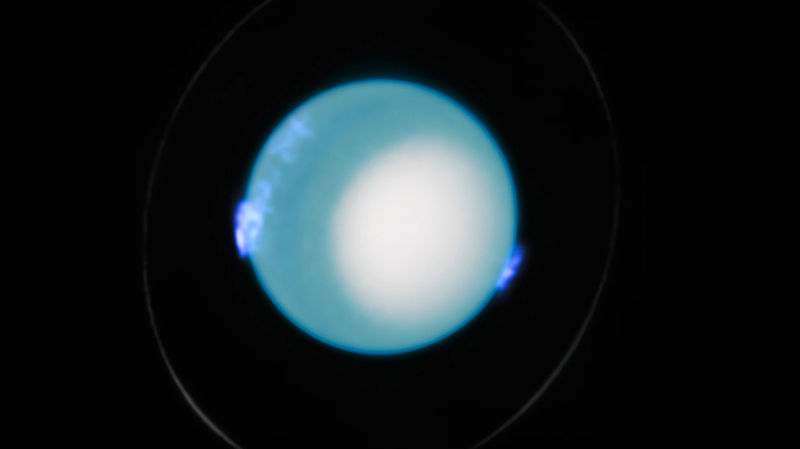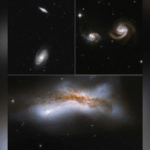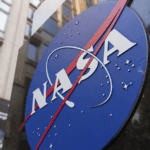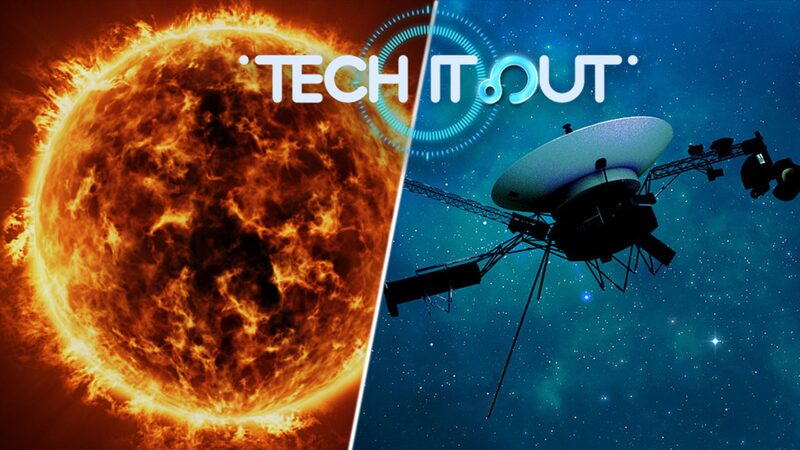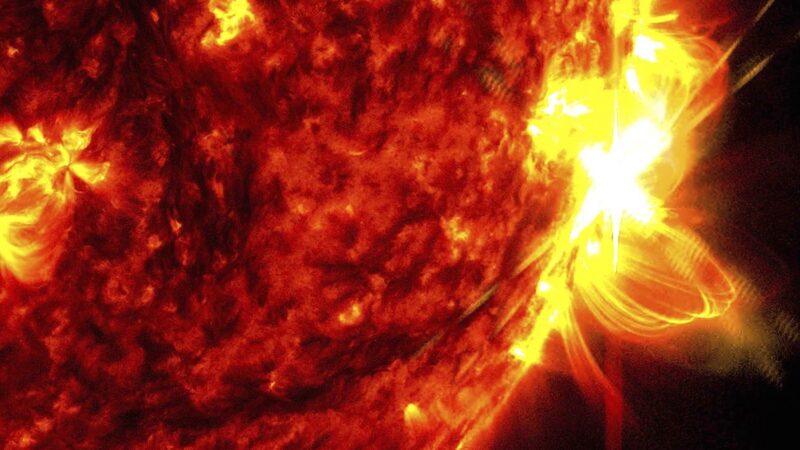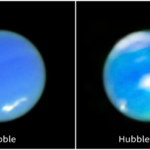Hold onto your telescopes, space fans! 📡 Uranus just stretched its day by 28 seconds, and Hubble’s behind the discovery.
New research, published in Nature Astronomy, reveals that a full spin on the ice giant now clocks in at 17 hours, 14 minutes, and 52 seconds — thanks to decades of aurora observations by Hubble. 🔭
The finding overturns estimates from NASA’s Voyager 2 in the 1980s and highlights how the “gas giant’s” magnetic poles helped scientists crack the case. “Hubble’s long-term data was key,” said lead author Laurent Lamy, whose team tracked Uranus’ shimmering auroras to calculate its rotation.
Why does this matter? 🤔 The method could help study other distant worlds with magnetic fields, like Neptune. Plus, the timing couldn’t be better: Hubble celebrates its 35th launch anniversary on April 24!
Next time you check the clock, spare a thought for Uranus — where a day just got a little more… cosmic. ⏱️✨
Reference(s):
cgtn.com
